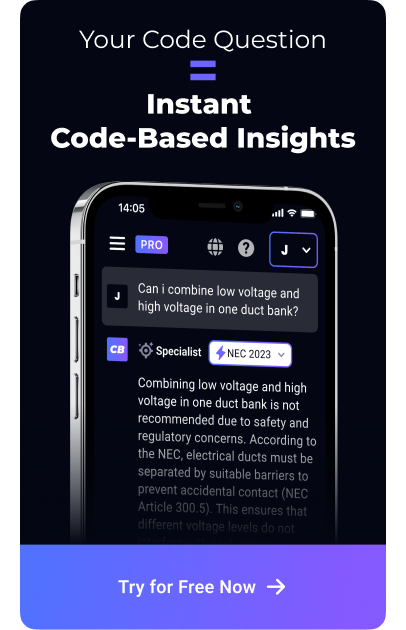Disputes happen often in construction work. A fact: using alternative dispute resolution construction can solve these problems faster. This guide shows easy ways to handle disagreements without going to court.
Keep reading for helpful tips.
Key Takeaways
- ADR stands for Alternative Dispute Resolution in the construction world. It helps solve problems without going to court. Methods like mediation and arbitration keep projects moving.
- There are different ADR types, such as negotiation, mediation, arbitration, adjudication, and expert determination. Each has its own way of solving disputes fast.
- Choosing the right ADR method depends on the situation. Clear rules in contracts about dispute handling can prevent long fights and save time and money.
- Contracts should clearly say which ADR process to use. This makes sure everyone knows how to fix issues without going to court.
- Using ADR is good for saving time and keeping strong relationships between workers and contractors in construction work. It also helps projects stay on schedule by solving disputes quickly.
Understanding Alternative Dispute Resolution (ADR) in Construction
Alternative Dispute Resolution (ADR) helps solve problems in construction without going to court. It offers methods like mediation and arbitration to keep projects on track and save time.
What is ADR?
ADR stands for Alternative Dispute Resolution. It is a way to solve problems without going to court. In the construction industry, disputes often arise between workers and contractors.
Using ADR can help avoid long delays and high costs.
There are different types of ADR in construction, like mediation and arbitration. Mediation involves a neutral person helping both sides reach an agreement. Arbitration means a third party makes a decision that both parties must follow.
Many professionals use these methods to resolve conflicts faster and keep projects on track. Understanding what ADR is helps you navigate disputes better in your work life.
Different types of ADR in construction
Alternative dispute resolution (ADR) can help in the construction industry. It offers different methods to solve conflicts without going to court.
- Mediation: A neutral person helps both sides talk about their problems. They guide the discussion but do not make a decision. This method is fast and can keep relationships intact.
- Arbitration: Both parties choose someone to listen to their case. This person makes a decision that both must follow. Arbitration is more formal than mediation and often faster than court.
- Adjudication: An independent expert examines the facts and gives a decision. This method works well for quick resolutions during construction projects. It often resolves disputes before they go further.
- Expert Determination: An expert in a specific field reviews the issue and provides a solution. This approach ensures decisions are based on technical knowledge, which can be crucial in construction disputes.
- Negotiation: Both parties discuss their issues directly to reach an agreement. It allows for flexibility and creativity in solutions, making it a useful tool in conflict resolution.
Using these ADR techniques can lead to better outcomes in construction disputes. Each method has its own benefits that can support effective dispute management in this industry.
Mastering ADR in Construction
Choosing the right method of ADR is key to resolving disputes. Clear rules in contracts help everyone understand how to handle problems quickly and fairly.
Selecting the right ADR method
Selecting the right ADR method is key in the construction industry. Many options exist, like mediation and arbitration. Mediation helps both sides talk and find common ground. It often saves time and money compared to court.
Arbitration offers a more formal process where one or more people decide the outcome. This can be faster than going through a lawsuit but is more structured than mediation. Each method has its benefits, so choose what fits your situation best.
Drafting dispute resolution clauses can help set expectations early on for everyone involved in construction contracts.
Creating contractual obligations for ADR
Creating contracts that include Alternative Dispute Resolution (ADR) is crucial for the construction industry. These contracts outline how parties will resolve disputes without going to court.
They can include mediation or arbitration clauses. It helps to agree on these methods before problems arise.
Every contract should clearly state which ADR process will be used and when it applies. This way, all workers, including tradesmen and electricians, know what to expect if a dispute occurs.
Good contracts help avoid lengthy fights over disagreements and keep projects moving smoothly.
Benefits and importance of ADR for the construction industry
ADR, or Alternative Dispute Resolution, brings many benefits to the construction industry. It can save time and money. Traditional court cases often take a long time. They also cost a lot in legal fees.
Mediation and arbitration provide faster solutions. Many construction disputes can be resolved quickly through these methods. This means projects get back on track sooner.
Using ADR also helps keep relationships strong among workers and contractors. Conflicts arise often in construction work. A good resolution method promotes cooperation instead of fighting in courts.
Contractual obligations for ADR encourage parties to resolve issues early on. This focus on dispute avoidance in construction protects everyone’s interests and keeps projects moving smoothly.


